Leonas Laimutis Maciunas was born in Alytus, Lithuania July 17, 1928.
He was a Medical Doctor, a gastroenterologist, habilitated doctor of biomedical sciences, a chess player.
In 1945 he graduated from Marijampole Gymnasium.
1945-1946 he studied at Vilnius University Faculty of Medicine.
1946-1950 he studied at Kaunas University Faculty of Medicine.
1950-1967 he worked at Kaunas Ambulance Station, Kaunas Second Hospital.
1968-1977 he worked at Vilnius Clinical Hospital.
1977-1998 he worked as a lecturer at Vilnius University Faculty of Medicine.
1988 he achieved a Doctorate in Medical Science.
1991 he become a Professor and continued to work at Vilnius University Faculty of Medicine.
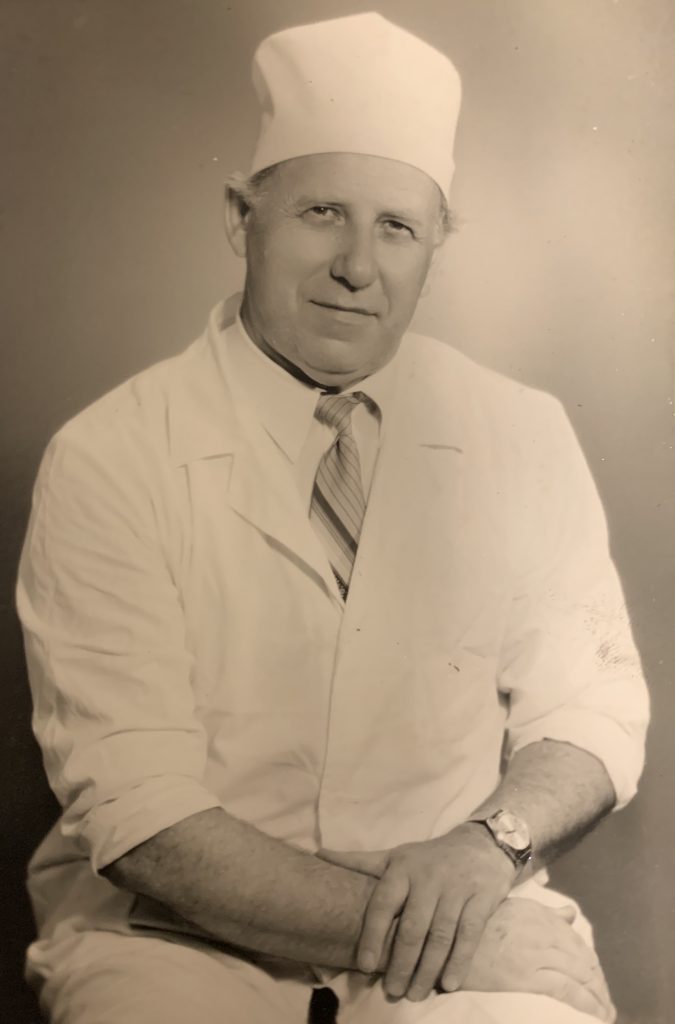
He was a trainee at St.Petersburg, Moscow, Kurgan, Kyiv, Erfurt Universities, made presentations at various locations: Chicago, New York, Sophia, Tbilisi, Minsk, Kyiv, Tallinn.
In 1983 he became a champion in a chess group match via correspondence.
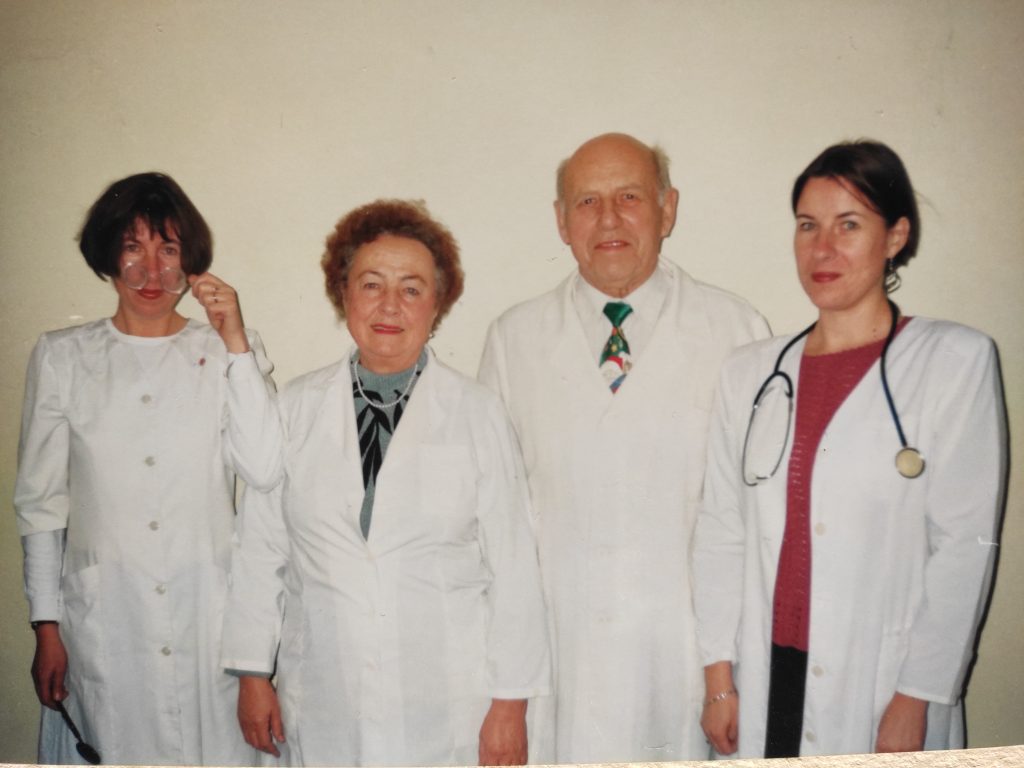
Starting in 1995 he became a chairman of the Medical Department of the Lithuanian Catholic Academy of Science.
He has been a member of the board of the Lithuanian Association of Physicians of the World “For Human Life” since 1997.
He became a member of the Board of European Associations of the World Catholic Federation of Physicians.
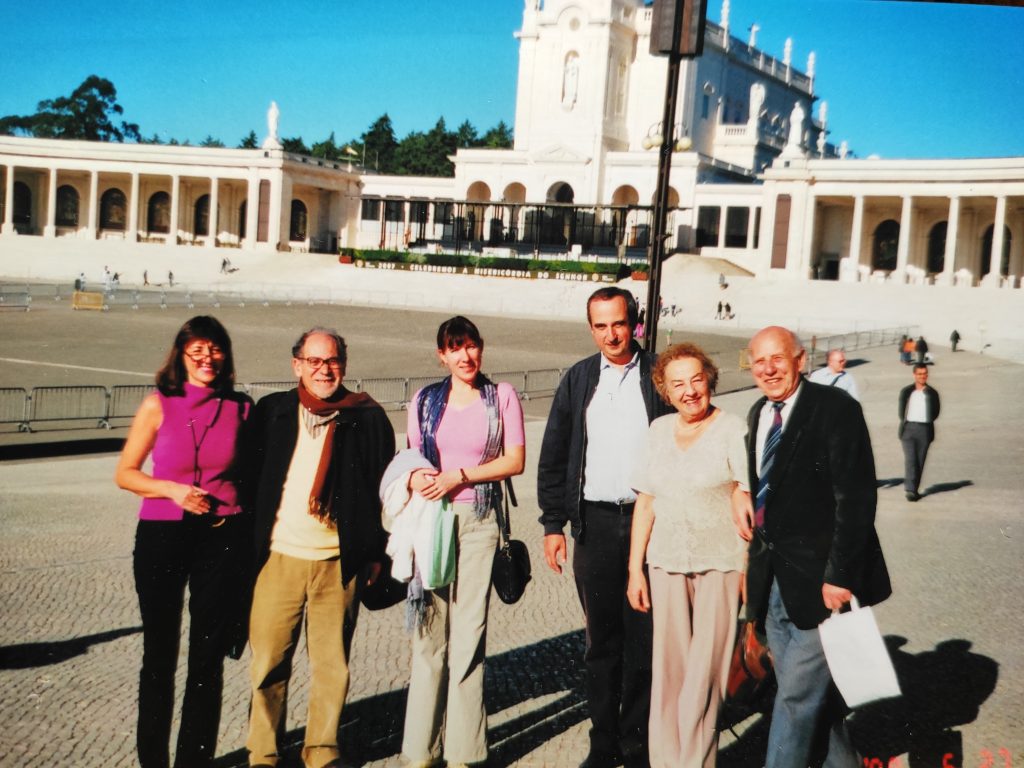
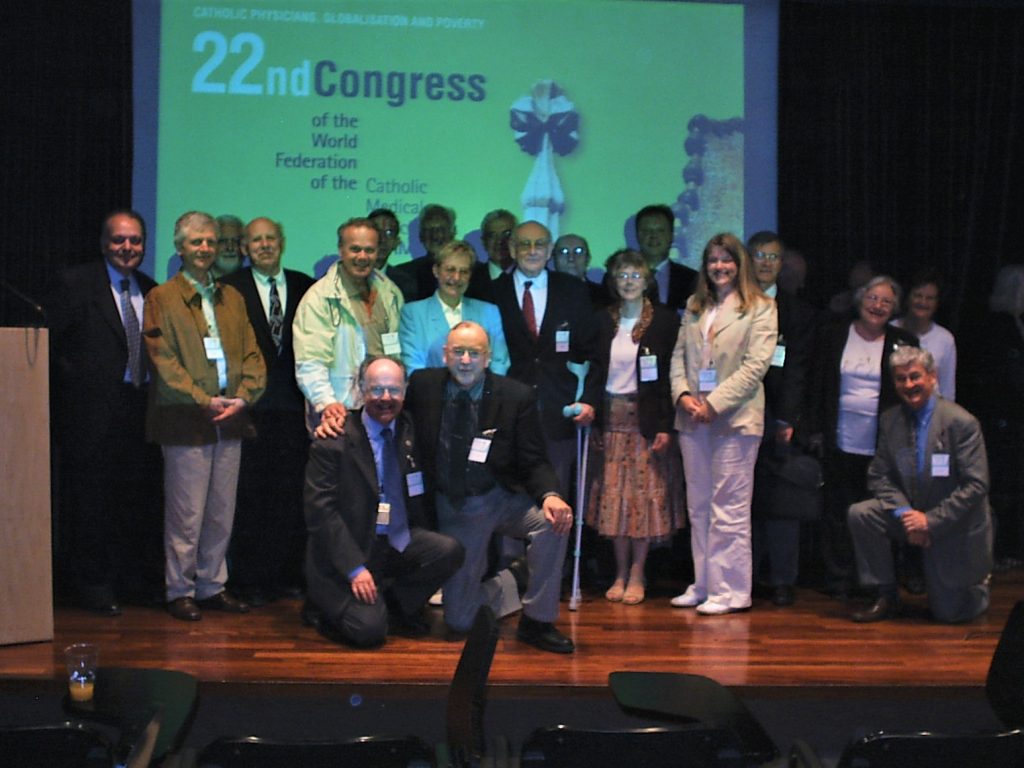
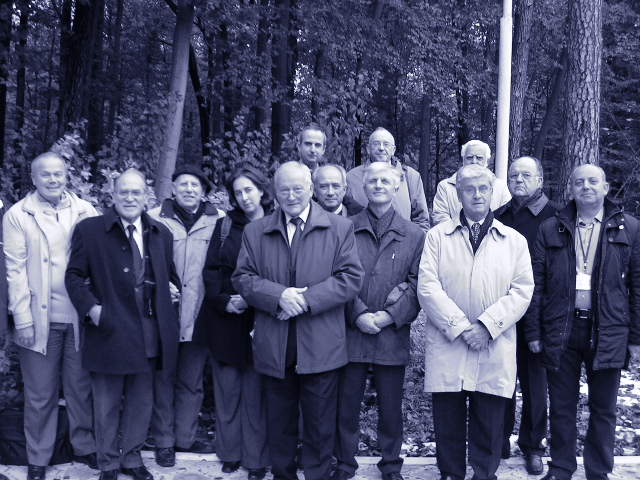
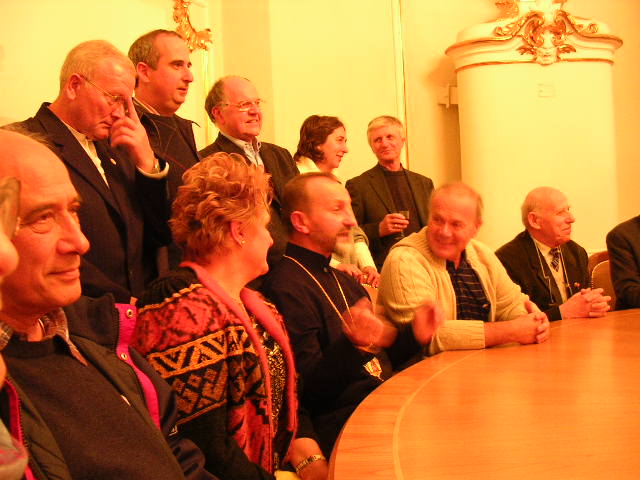
L.L.Maciunas died on May 29, 2014, in Vilnius, Lithuania, buried in Liepynes Cemetery.
______________________________________________________________________
An autobiography from the “Book of Reminiscences”
“Cari sunt parentes, cari liberi, propinqui, familiares, sed omnium caritates patria una complexa est” (For us are precious our parents, precious are our children relatives, friends, but the most precious is our homeland) – Cicero
“My life was closely linked with precious homeland’s fate, in its heyday and loss of independence – alien occupation, the horrors of war, postwar partisan struggles, collectivization, the killing of folks, the deportation of people to Siberia, longing for freedom, the desire to live in a free country… What can be more precious than our homeland Lithuania, which is beautifully sung in songs, told in folk tales? Isn’t our story so impressive, written in old chronicles, books, grandparent’s stories? Don’t we love this small patch of land, which was protected from enemies by our parents, brothers, and sisters, we call them heroes for centuries?
Leonas Laimutis Maciunas was born in Alytus, Lithuania in the forester and teacher’s family, and had a younger brother Algirdas. His grandparent V.Markevicius was a famous book smuggler, transporting Lithuanian books from Tilze to Lithuania. This was a reason why Leonas developed a great love for science and books.
He studied in Marijampole gymnasium 1935-1945. The start of studies was associated with the beginning of the Second World War, the graduation – with the end of the War. Leonas Laimutis Maciunas studied in Independent Lithuania where mind and spirit were free, later he had to suffer all the occupation and wartime challenges: shortages of food, lectures in unheated classrooms, lack of educational books. He had to learn to think in one way and speak differently. Great importance for future life had teachers who cultivated human qualities: love for the motherland, truth, understanding, respect of friends, parents and loved ones. Every word or sentence was spoken emphatically by the teacher forced to think, analyze and encouraged to respect native language and culture. In each classroom was hanging cross on the wall and the lessons began with prayer. Decalogue became a basis set of laws of life.
Gymnasium Maciunas finished with the gold medal (which he never received), without examination he was accepted into Vilnius University Faculty of Medicine, dreamed of becoming a surgeon, and later (1946) due to financial difficulties continued his studies at Vytautas Magnus University in Kaunas. KGB agents arrested his brother Algirdas (he was 17 years old then) on April 29, 1948. He was illegally judged by Article Nr.58a (“treason”) and sent to Siberia (Inta) for ten years. There was a threat to further studies because each year he had to fill out a special family questionnaire (relatives of convicted or deportees to anti-Soviet views did not have the right to study in universities). Savvy diplomatic answer rescued that his brother entered Vytautas Magnus University Faculty of Civil Engineering in 1946 (no more additional information was provided). In this way, medical studies continued unhindered.
Leonas Laimutis Mciunas kept in touch with his brother through the letters occasionally and learned from it about hard work in a coal mine, poor living conditions. He sent to his brother monthly food parcels, (brother wrote in his letters that he counted how many apples arrived rotted versus good every time). Leonas visited his brother in Inta and brought to him an accordion which was Algirdas’ dream in 1953. Also, Maciunas visited the coal mines, took pictures, went down into a 400 meters deep mine and saw extremely difficult working conditions for prisoners…
1950 Leonas completed his medical studies and started to work in Kaunas hospital as a surgeon and was seeking further scientific knowledge. He was an active member of the medical choir, where he met his future wife, an obstetrician-gynecologist, Irena. They performed not only in Lithuania but also in other former Soviet Union cities – Riga, Tallinn, Moscow, Leningrad. To travel beyond the “iron wall” was not possible then.
L.L.Maciunas entered the postgraduate course at Vilnius University Faculty of Medicine in 1996. He met there his scientific supervisor professor Norkunas who was a great patriot of Lithuania, gifted surgeon, non-partisan, he put together like-minded surgeon circle. However, the administration of Kaunas Hospital made it difficult for him to work because they found that he had anti-Soviet views. He had to carry a big load of work in the hospital and polyclinic and they forbade to continue his scientific work finally. Realizing that he was especially hindered, he went to continue his scientific studies in Vilnius: he used to wake up at 4:00 am to be able to catch a train to Vilnius at 5:00 am, arrived there by 7:00 am in order to be at work by 8:00 am. He had to go home back to Kaunas the same evening every day which he continued the same routine for two more years. It can be said that the dissertation ‘The effect of the horizontal body statics in the treatment of ulcer”, was written on the train.
It was forbidden for Maciunas to get back to Kaunas after postgraduate, although his family lived there. He was employed in Vilnius Clinical Hospital and continued to work with the professor Norkunas. On the train, he began to write the second dissertation “Etiopathogenesis, clinical and surgical treatment of stomach and duodenum ulcerogenic zone”. He defended this dissertation in 1988.
L.L.Maciunas was named Professor in 1991.
He was a great patriot of Lithuania, loved nature, enjoyed fishing, canoeing Lithuanian rivers and lakes. He visited many homeland towns and places, also, neighboring countries of ex USSR with his family. He and his family visited Latvia, Estonia, Karelia, Belorus, Kaliningrad region, Ukraine after he purchased a car (it took 10 years to save!). Once upon a time he sailed on a boat on the broad Volga River. Maciunas was a gifted and spiritually strong person. He spent every minute of his time for self-development and learning foreign languages: English, German, Latin, Russian, Polish. He enjoyed playing chess and accordion in his spare time. He and his wife Irena rejoice that all three daughters have achieved higher education: Jurgita became an architect, Violeta became a general practitioner, Ilona became an ophthalmologist-microsurgeon.
The motto of his life was to love God, Homeland, the Family, close people.
In 1988-1989 he participated in the rallies of revived independent Lithuania. On the tragic night of January 13, 1991, he defended the freedom and independence of Lithuania in front of a television tower where 13 innocent people were shot dead.
After the restoration of a free Lithuania, he actively participated in the Lithuanian Catholic Federation at the Academy of Science, the International Catholic Federation.
In 1997, he became a member of the World Physicians’ Federation “For a Human Life”.
Wife Irena, daughters Jurgita, Violeta, Ilona



